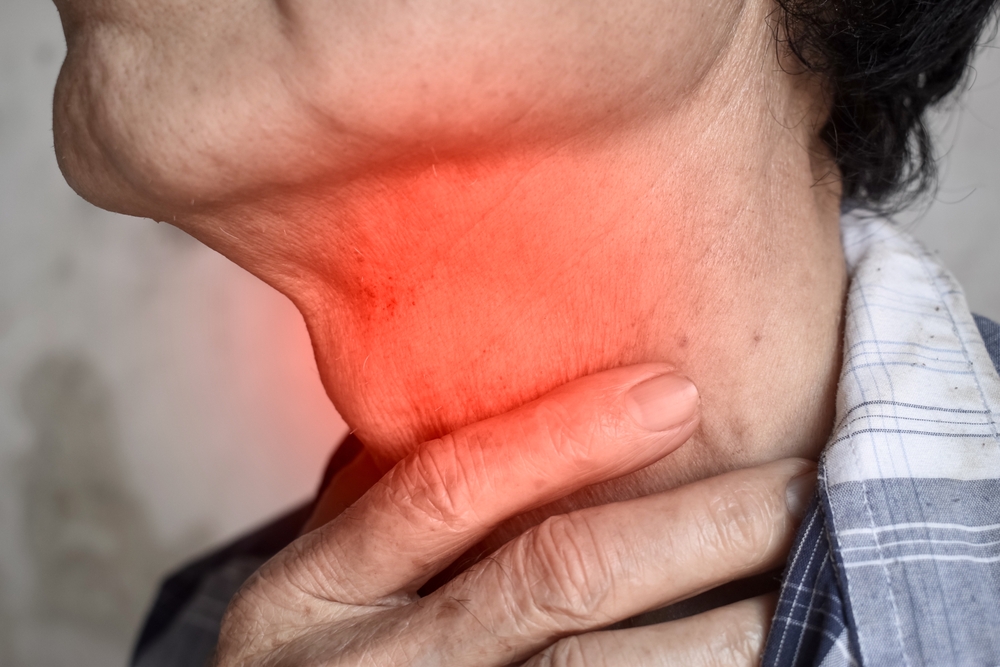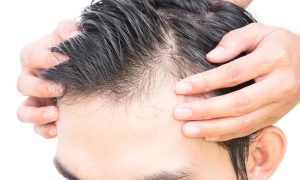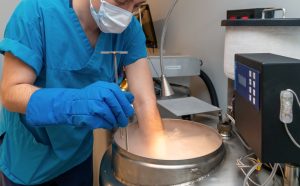Swallowing is both a voluntary and involuntary action. Experiencing difficulty in doing so could cause fear. Could Dysphagia be fatal?
Dysphagia is defined as difficulty swallowing saliva, food or liquid. It can be classified into 2 main types:
- Oropharyngeal dysphagia
- Occurs when a person has difficulty moving food to the back of the mouth and starting the swallowing process.
- Oesophagal dysphagia
- Occurs when food or liquid gets stuck in the oesophagus, usually because of a blockage or irritation.
Dysphagia can be caused by conditions that affect the muscles and nerves involved in swallowing, or structural problems causing narrowing of the back of the throat or oesophagus. Without proper management, it may lead to choking or aspiration (when something swallowed enters the airways or lungs) and chest infections.
Signs and Symptoms
- Drooling
- Pocketing of food in the mouth
- Pain on swallowing
- The sensation of food being stuck in the throat or sternum (behind the breastbone)
- Coughing/gagging during meals
- Gurgly voice/shortness of breath after meals
- Weight loss
Causes of Dysphagia
- Conditions that weaken/damage muscles and nerves involved in swallowing, e.g.:
- Achalasia – where the oesophagal muscles cannot contract and relax properly to allow food to pass into the stomach
- Scleroderma – the immune system attacks and replaces healthy smooth oesophagal muscle tissue with hard and stiff tissue, affecting the peristaltic movement of food
- Neurological disorders e.g. cerebral palsy, stroke, Parkinson’s disease, dementia, traumatic brain/spinal cord injury
- Conditions that cause obstruction in the throat/oesophagus
- Gastroesophageal Reflux Disease (GERD) – damage to oesophagal tissues from stomach acid backing up into the oesophagus can lead to scarring and narrowing of the lower oesophagus.
- Eosinophilic esophagitis – allergic reaction causes accumulation of eosinophils (white blood cells) in the oesophagus, resulting in inflammation and narrowing of the oesophagus
- Tumours can cause narrowing of the oesophagus
- Radiation treatment – can cause inflammation, scarring and thus narrowing of oesophagus
- Ageing – wear and tear of the oesophagus due to natural again, or conditions associated with older age e.g. aforementioned neuromuscular conditions
Diagnosis
Besides asking about symptoms, the doctor may order additional tests to aid in diagnosis:
- Barium swallow test
The patient ingests food or drinks mixed with a substance called “barium” that allows the food to be visible on an X-ray. This allows the clinician to identify what is happening in the oesophagus in more detail, especially the activity of the muscles.
- Endoscopy
An endoscope is a thin, flexible tube containing a small light and specialized instruments. Endoscopy allows your doctor to view the interior of your oesophagus and, if needed, take a biopsy (tissue sample) for further examination if inflammation or cancer is suspected.
- Manometry
A small tube is inserted into the oesophagus and connected to a pressure recorder to measure pressure changes when muscles in the oesophagus are contracting during swallowing. This determines how well the oesophagal sphincters open and close, and how well the oesophagus moves food toward the stomach.
Treatments for Dysphagia
- Learning swallowing techniques
- You may be referred to a speech therapist to learn exercises which might help coordinate your swallowing muscles or restimulate the nerves which trigger the swallowing reflex.
- You may learn ways to place food in your mouth or position your body and head to help you swallow.
- Lifestyle changes
- Take smaller, more frequent meals
- Avoid trigger foods e.g. alcohol and caffeinated beverages which may dry the throat or stimulate more stomach acid production, sticky foods like caramel and peanut butter which may be difficult to swallow
- Medications e.g.
- Difficulty swallowing due to GERD can be treated with medications to reduce stomach acid.
- Corticosteroids may be useful for eosinophilic esophagitis.
- Surgery e.g.
- Surgical removal of tumours
- Dilation/stretching of oesophagal muscles
Complications
If untreated, dysphagia can lead to
- Malnutrition
- Life-threatening consequences
-
- Choking and death if food completely blocks the airway
- Aspiration pneumonia – entry of food/liquid and thus bacteria into the lungs, causing infection
It is thus best to seek medical attention soonest should one develop persistent signs and symptoms of dysphagia.













